The Empress Dowager Cixi of the Qing Dynasty reigned from the late 19th to early 20th Centuries. She was probably born into a humble family in November 1835. Possibly adopted by a Manchu Mandarin, it is known she became a concubine for the Emperor Xianfeng at age 16. Five years later she bore a son, the emperor’s only direct descendent. With the death of Xianfeng, Cixi’s son became heir to the throne, taking the name of Tongzhi when he was 5. Acting as tutor for her son, Cixi became China’s de facto ruler alongside the emperor’s first wife, the Empress Dowager Ci’an. But Cixi was the one who truly governed the empire.
China was in the midst of a serious crisis. Britain had defeated the country in the Second Opium War , leaving it vulnerable to colonization first by Western powers, and later on by the Japanese. Cixi enacted strongly nationalistic policies that opposed takeover attempts by foreign powers. When Emperor Tongzhi died prematurely, Cixi named her three-year-old nephew Guangxu heir to the throne. She adopted the boy, thus remaining ruler in the guise of tutor and imperial mother. When Guangxu came of age as emperor, his relationship with Cixi became increasingly adversarial. In contrast to her uncompromising vision for China, the new emperor promoted a plan to modernize the country, starting with its agriculture and military. Yet the Qing Dynasty weakened after losing a war with Japan, and fell into disfavor with the people as a result. Cixi accused Guangxu of favoring foreign powers with his open, modern policies, and in 1898 led conservatives in a coup d’état. Guangxu was removed from power and his main government leaders were executed. From that moment on, Cixi’s government remained dead set against foreign influence.
The Empress Dowager backed the secret group behind the Boxer Rebellion, which launched terrorist-style attacks on Westerners in China. The movement culminated in attacks on foreign embassies. European powers quickly organized a military response in retaliation, creating a multinational army that included the US and Japan. Their rapid intervention forced the empress to sign a peace treaty. Despite the defeat, Cixi held on to power until her death in Beijing on November 15, 1908. She was 72. During the final years of her rule, she took cautious measures to open China to the outside world. But her limited efforts failed to spare the country from an increasing foreign troop presence. The empire’s death throes came to a close with the nationalist uprising of 1911, and the subsequent proclamation of the Chinese Republic.
China was in the midst of a serious crisis. Britain had defeated the country in the Second Opium War , leaving it vulnerable to colonization first by Western powers, and later on by the Japanese. Cixi enacted strongly nationalistic policies that opposed takeover attempts by foreign powers. When Emperor Tongzhi died prematurely, Cixi named her three-year-old nephew Guangxu heir to the throne. She adopted the boy, thus remaining ruler in the guise of tutor and imperial mother. When Guangxu came of age as emperor, his relationship with Cixi became increasingly adversarial. In contrast to her uncompromising vision for China, the new emperor promoted a plan to modernize the country, starting with its agriculture and military. Yet the Qing Dynasty weakened after losing a war with Japan, and fell into disfavor with the people as a result. Cixi accused Guangxu of favoring foreign powers with his open, modern policies, and in 1898 led conservatives in a coup d’état. Guangxu was removed from power and his main government leaders were executed. From that moment on, Cixi’s government remained dead set against foreign influence.
The Empress Dowager backed the secret group behind the Boxer Rebellion, which launched terrorist-style attacks on Westerners in China. The movement culminated in attacks on foreign embassies. European powers quickly organized a military response in retaliation, creating a multinational army that included the US and Japan. Their rapid intervention forced the empress to sign a peace treaty. Despite the defeat, Cixi held on to power until her death in Beijing on November 15, 1908. She was 72. During the final years of her rule, she took cautious measures to open China to the outside world. But her limited efforts failed to spare the country from an increasing foreign troop presence. The empire’s death throes came to a close with the nationalist uprising of 1911, and the subsequent proclamation of the Chinese Republic.
RELATED
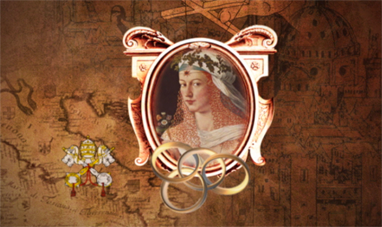

LUCREZIA BORGIA


HUMBOLDT, ALEXANDER VON


ENVER HOXHA


COLUMBUS, CHRISTOPHER


TALLEYRAND
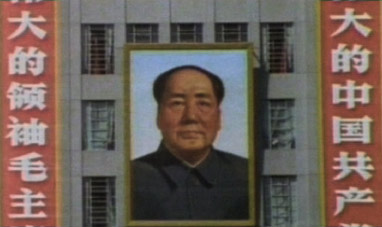

MAO ZEDONG


YASSER ARAFAT


TROTSKY


ENZO FERRARI
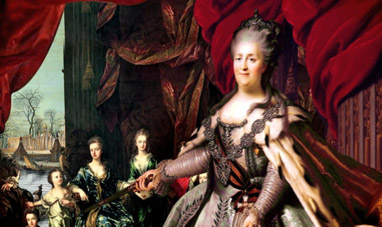

CATHERINE THE GREAT


LEANDRO ARAGONCILLO
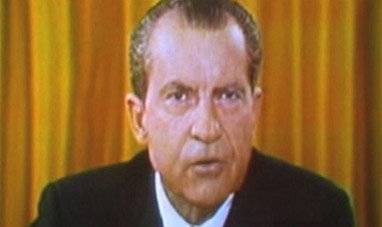

RICHARD NIXON


NAPOLEON III


ZHENG HE


ALEXANDER DUBCEK


NICOLAE CEAUSESCU
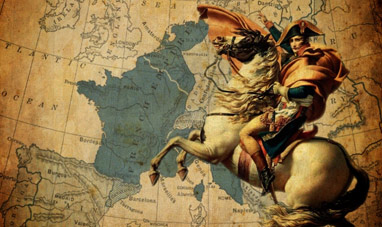

NAPOLEON BONAPARTE
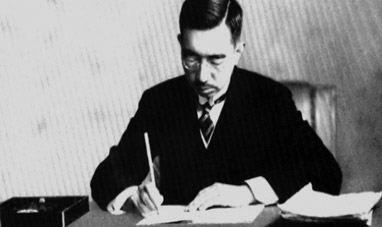

EMPEROR HIROHITO
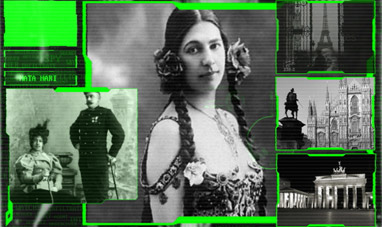

MATA HARI


KOFI ANNAN


KLAUS EMIL FUCHS
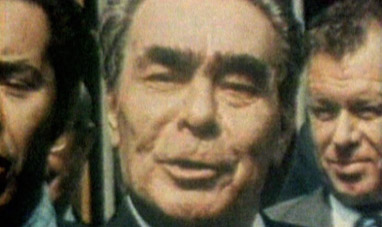

LEONID BREZHNEV
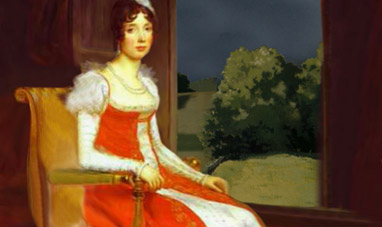

SISSI, EMPRESS OF AUSTRIA
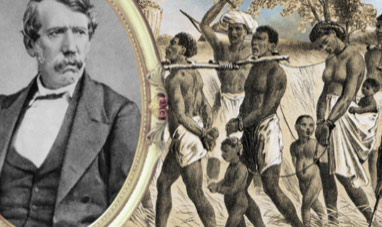

LIVINGSTONE, DAVID


MATTHEW C. PERRY
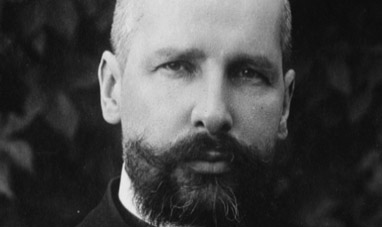

PYOTR STOLYPIN


LORENZO DE' MEDICI
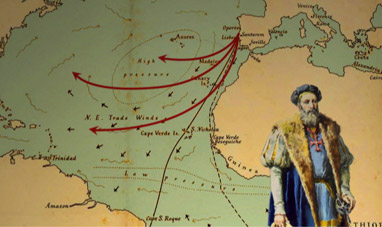

PEDRO ÁLVARES CABRAL


TUTANKHAMEN
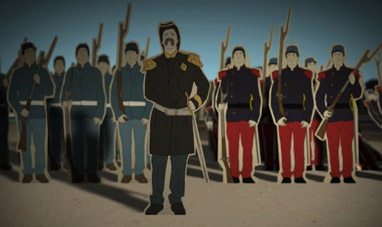

PATRICE DE MAC-MAHON


STALIN
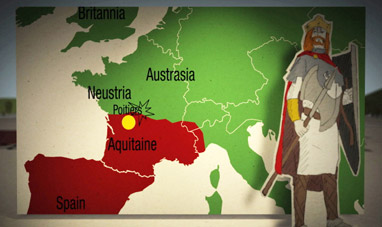

CHARLES MARTEL
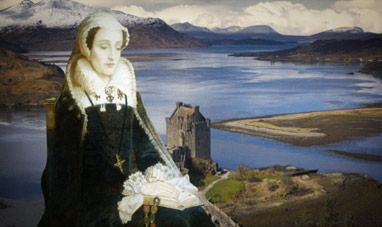

MARY STUART


VASCO DA GAMA


NELSON MANDELA
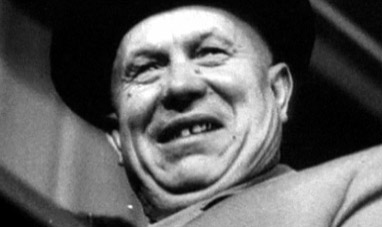

NIKITA KHRUSHCHEV
